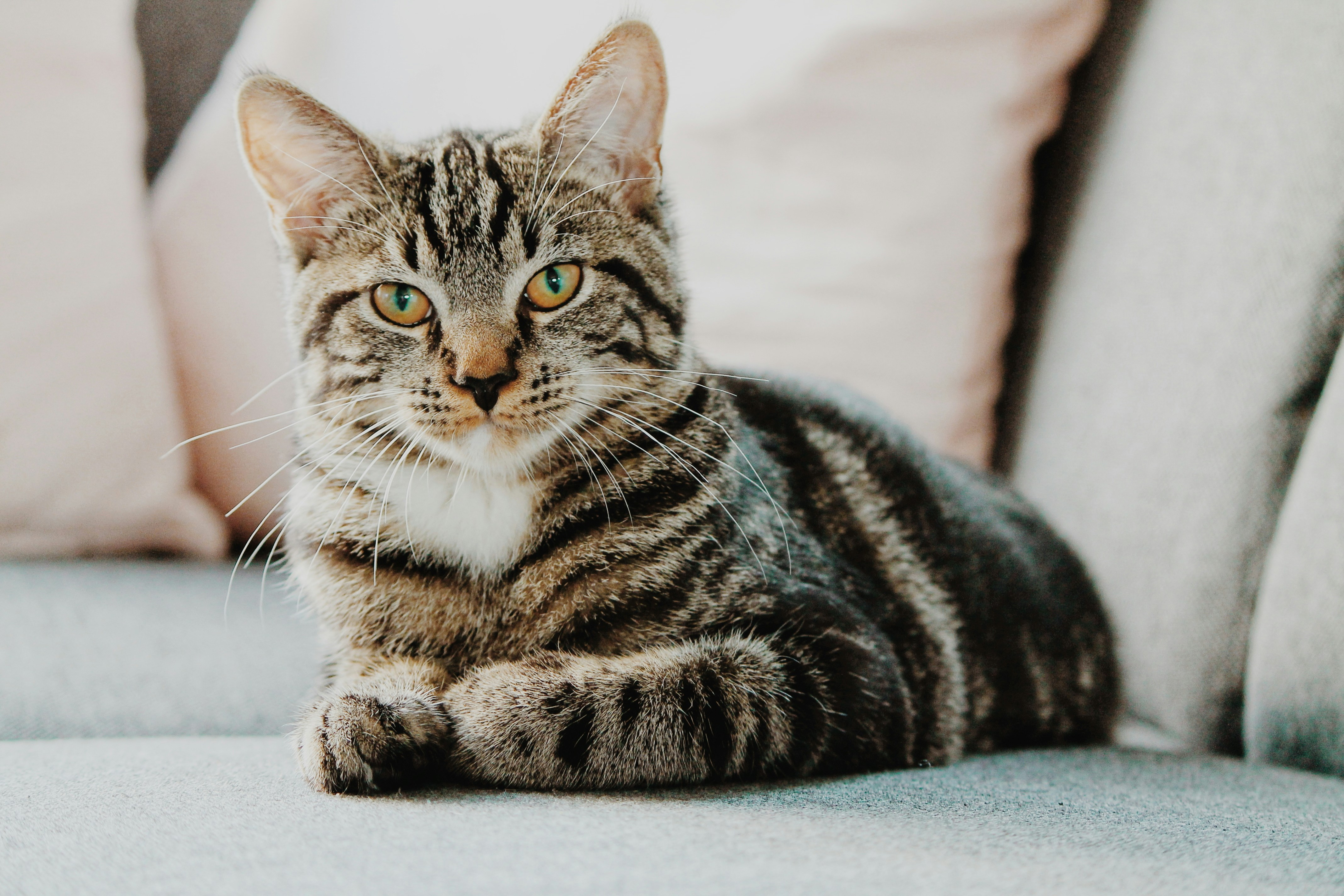Bad Things You Do to Your Cats Without Noticing — 10 Surprising Mistakes

You love your cat — but love alone isn’t enough. Many everyday habits we think are harmless actually stress cats, harm their health, or damage the bond between pet and owner. This article walks through ten common things owners do without noticing, why they’re bad, and clear, practical fixes you can apply today.
1. Treating Cats Like Small Dogs
People often assume dogs and cats learn and react the same way, but they don’t. For example: expecting constant attention, forcing prolonged hugs, or using harsh discipline are more tolerable for some dogs than for most cats. Cats value control and predictability — when those are taken away, they respond with stress, hiding, or defensive aggression.
2. Feeding Too Much Human Food & Unsafe Snacks
It’s tempting to share food from your plate. But onions, garlic, chocolate, alcohol, and some dairy products are toxic for cats. Even safe human foods fed regularly (like tuna or cooked chicken scraps) can create nutritional imbalances and obesity. Some treats — even "cat" treats — are calorically dense and unbalanced.
3. Assuming Indoor Cats Don’t Need Enrichment
Indoor life is safer, but if it’s boring, it causes real harm: obesity, destructive behavior, and depression. Hunting is a core cat behavior — indoor cats need outlets to chase, pounce, and explore.
- Symptoms of boredom: sleeping all day, overeating, excessive grooming, or attacking furniture.
4. Neglecting Dental Care
Bad breath is often dismissed as “cute,” but dental disease is painfully common and can affect the heart, liver, and kidneys. Plaque and tartar build-up lead to gingivitis and tooth loss; many cats suffer quietly because they hide pain.
5. Using Punishment to Stop Bad Behavior
Spraying water, yelling, or startling a cat to prevent unwanted acts damages trust. Punishment rarely teaches the correct behavior — it only teaches which humans are scary. That fear often leads to avoidance, more hiding, or redirected aggression.
6. Forgetting That Cats Hide Illness
Cats evolved to conceal weakness. A minor change in appetite or grooming can be the only sign of a serious illness like kidney disease or hyperthyroidism. Owners who wait until symptoms are obvious often face more complex treatment and higher costs.
7. Letting Cats Roam Unsupervised Outside
Many owners think outdoors are “fun” for cats, but the risks are real: cars, predators, poison, disease, and even theft. Free-roaming cats also impact local wildlife. Outdoor life shortens average lifespan significantly.
8. Ignoring Litter Box Problems
Small litter box issues quickly escalate. A dirty box, wrong litter type, or poor placement leads to accidents and stress. Many owners switch punishments instead of solving the root cause.
9. Over- or Under-Vaccinating & Skipping Parasite Control
Some owners skip vaccines because the cat is "indoor only," or they double-up on unnecessary shots without vet guidance. Both extremes are harmful. Parasites like fleas and ticks cause discomfort and disease, and some pathogens can infect people.
10. Not Respecting the Cat’s Need for Territory
Cats are territorial animals. Frequent household changes, poorly managed introductions with new pets, or not providing private spaces cause chronic stress. Stressed cats groom excessively, hide, or become aggressive.
Quick Checklist — Do This Today
- Check your cat’s weight and body condition.
- Schedule or confirm annual vet visit.
- Add one new enrichment item this week (puzzle feeder or new wand toy).
- Inspect and clean the litter box now.
- Remove any tempting human-food hazards from counters.
Frequently Asked Questions (FAQ)
- My cat naps a lot — is that normal?
- Yes. Adult cats commonly sleep 12–16 hours daily. If your cat is suddenly lethargic, not eating, or hiding more than usual, those are reasons to check with your vet.
- How can I wean my cat off table scraps?
- Gradually replace treats with healthy cat-specific rewards. Offer interactive play or a small portion of wet food as a treat. Consistency is key — family members must agree to stop feeding from the table.
- Is declawing ever acceptable?
- Declawing is an amputation and causes lasting pain and behavior issues for many cats. Alternatives (scratching posts, nail trims, soft nail caps) are strongly recommended. Many vets refuse to perform declawing except for medical necessity.
- Can I use human toothbrushes and toothpaste for cats?
- Use cat-specific toothpaste and a small brush. Human toothpaste often contains xylitol or flavorings that aren’t safe for pets. Start slowly, reward each step, and make it a positive routine.
- How often should I play with my indoor cat?
- Two short sessions of 10–15 minutes daily are ideal for most cats. Adjust according to age: kittens need more play; older cats may need gentler activity.
Final Thoughts — Love Shows in the Details
Doing right by your cat is mostly about paying attention. The harmful habits above aren’t usually born from cruelty — they’re born from assumptions and convenience. When you replace assumptions with small, consistent changes, you give your cat a safer, happier life. Start with one change this week and build on it. Your cat will notice, and your relationship will be stronger for it.

%20(800%20x%20800%20px)%20(1200%20x%202500%20px)%20(1000%20x%201000%20px)%20(1).png)
.jpg)
.jpg)




0 Comments